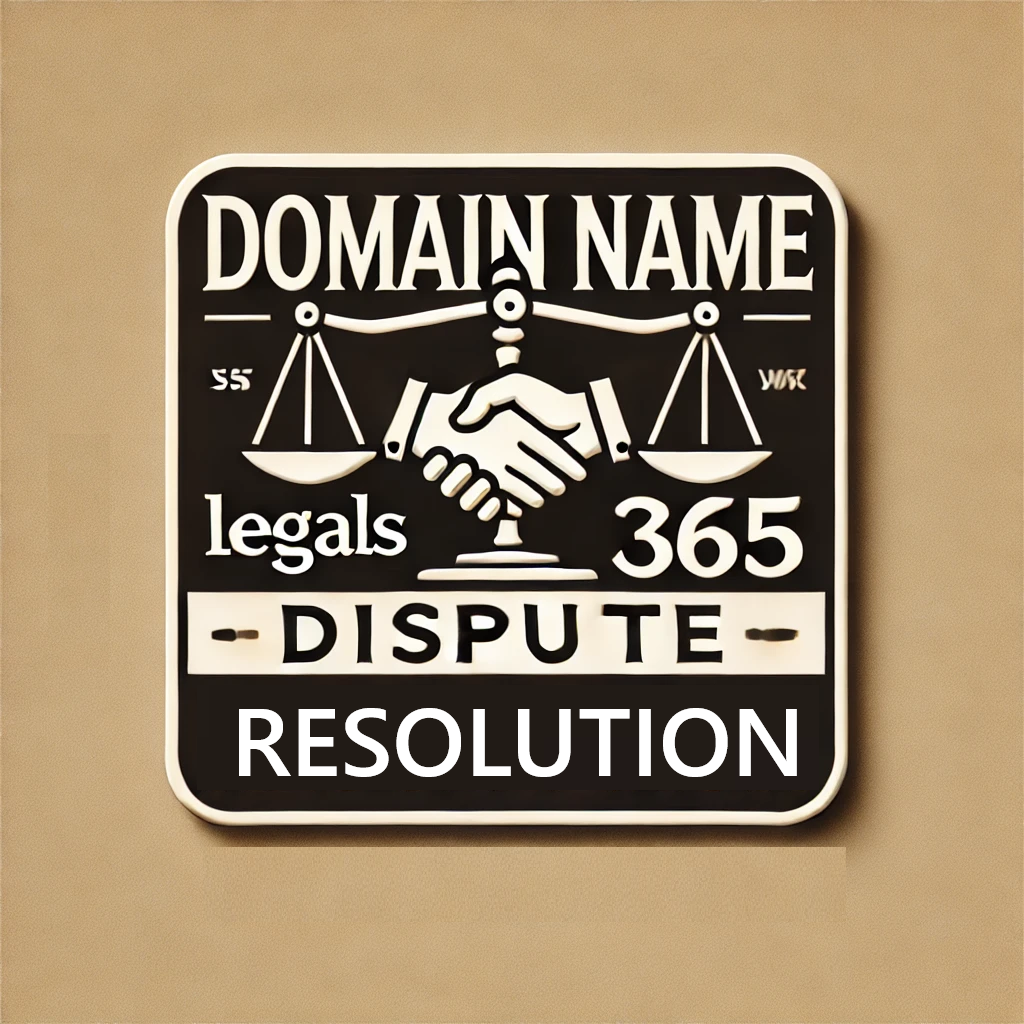
Domain Name Dispute Resolution: A Complete Guide
Introduction
In today’s digital landscape, securing a domain name is crucial for any business or brand. However, disputes over domain ownership are increasingly common. Whether it’s cybersquatting, trademark infringement, or unauthorized domain transfers, businesses need a structured approach to resolve such conflicts.
Domain Name Dispute Resolution (DNDR) is the legal process used to resolve disagreements over domain name ownership. Organizations like ICANN (Internet Corporation for Assigned Names and Numbers) and WIPO (World Intellectual Property Organization) oversee these disputes, ensuring a fair resolution mechanism.
In this article, we’ll explore the key aspects of domain name disputes, the legal frameworks involved, and how Legals365 can assist businesses in protecting their online assets.
Understanding Domain Name Disputes
What is a Domain Name Dispute?
A domain name dispute arises when two or more parties claim the right to use a specific domain. These disputes typically occur due to:
- Cybersquatting: The practice of registering a domain with the intent to sell it at a higher price to the rightful trademark owner.
- Trademark Infringement: A domain name that conflicts with an established brand’s trademark.
- Typosquatting: Registering domains with slight variations of popular brand names to deceive users.
- Expired Domain Takeovers: When an expired domain is acquired by a third party and used for illegitimate purposes.
Legal Frameworks for Domain Name Dispute Resolution
Several international laws and policies govern domain name disputes, including:
- Uniform Domain-Name Dispute-Resolution Policy (UDRP): Established by ICANN, this policy provides a structured approach to resolving disputes over domain names.
- Anti-Cybersquatting Consumer Protection Act (ACPA): A U.S. law that penalizes cybersquatters who register domain names with bad-faith intent.
- WIPO Arbitration and Mediation Center: Handles international disputes related to domain names and intellectual property.
The Domain Name Dispute Resolution Process
Step 1: Filing a Complaint
To initiate a domain dispute, the complainant must:
- Prove that the domain is identical or confusingly similar to their trademark.
- Show that the domain holder has no legitimate interest in the domain.
- Provide evidence of bad faith registration or use.
Step 2: Reviewing the Case
Once filed, an arbitration panel (ICANN-approved registrars such as WIPO or NAF) reviews the evidence. The respondent (domain owner) is given a chance to defend their claim.
Step 3: Arbitration & Decision
The arbitration panel evaluates the case based on UDRP guidelines and delivers a ruling within a set timeframe. Possible outcomes include:
- Transfer of domain ownership to the complainant
- Domain cancellation
- Rejection of the complaint
Step 4: Appeal or Legal Action
If dissatisfied, parties can challenge the decision in a national court for further litigation.
Common Defenses in Domain Disputes
Respondents often use the following defenses:
- Legitimate Business Use: If the domain was registered for a genuine business purpose.
- Prior Registration: Proving the domain was acquired before the complainant’s trademark registration.
- Non-Commercial Use: If the domain is being used for non-commercial purposes, such as fan sites.
How Legals365 Can Help
At Legals365, we offer comprehensive legal support in resolving domain disputes, including:
- Domain Name Audits: Ensuring your brand’s online presence is legally secure.
- UDRP Filing Assistance: Drafting and filing complaints with ICANN-accredited dispute resolution providers.
- Legal Representation: Providing expert legal counsel for domain-related litigations.
- Negotiation & Mediation: Helping businesses acquire domain names legally through negotiation.
Our team of experienced legal professionals ensures that your intellectual property rights remain protected in the digital space.
Conclusion
Domain name disputes can have a significant impact on businesses, affecting brand identity and consumer trust. Understanding the dispute resolution process and legal protections available is crucial. Organizations like Legals365 and Online Noida provide expert guidance to help businesses safeguard their domain assets and resolve conflicts efficiently.
If you’re facing a domain name dispute, don’t hesitate to seek professional legal assistance. Protect your digital identity today!
Hashtags: #DomainNameDispute #CyberLaw #UDRP #TrademarkProtection #DigitalBrandSecurity #OnlineIdentity #Legals365 #BusinessLaw #ICANN #WIPO #DomainRecovery #LegalServices #IntellectualProperty #BrandProtection #TechLaw #OnlineNoida
